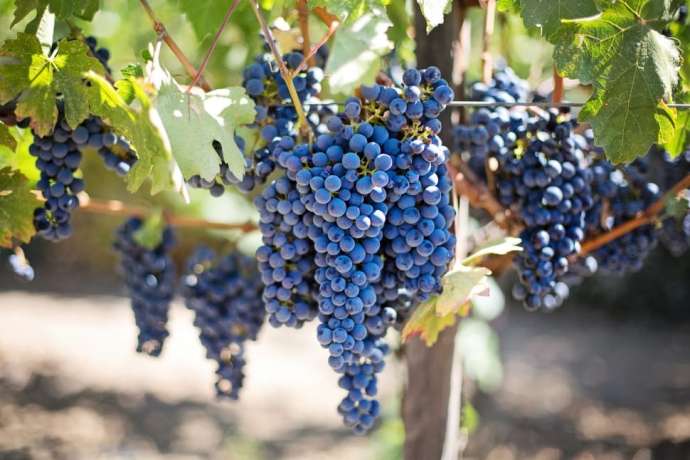STA, 30 January 2019 - Agriculture Minister Aleksandra Pivec has backed efforts by winegrowers from the Slovenian region of Brda to protect the Rebula wine together with fellow Italian winemakers across the border.
The Rebula vine is grown on some 25% of all vineyards in Brda, a region near the city of Nova Gorica on the border with Italy.
The Rebula wine is thus synonymous with Brda and is also grown on the Italian side of the hilly Brda.
What bothers the Slovenian farmers is that Italian winegrowers from the Padua Valley also grow this vine.
But due to a different climate, the same vine produces a different wine taste, wine company Klet Brda director Silvan Peršolja explained on Wednesday.
Growing Rebula in Brda is much harder than in the valley, where it is planted in sand as opposed to a marl-rich soil on the hills of Brda and in the Vipava Valley in Slovenia.
"We also kept Rebula when Chardonnays, various Pinots and other varieties of wine dominated the market," said Peršolja.
Now that Rebula is gaining ground globally, there are some who have never known Rebula in their entire lives who would like to take advantage of it, he said.
"The Rebula from low-lying areas does not reach the quality of the Rebula from Brda, what they have in common is only the name," said Igor Simčič, one of the leading winegrowers from Brda.
The winegrowers from Slovenia's Brda thus launched a debate with their colleagues from the Italian side of Brda to protect Rebula at the international level a few years ago.
However, protection procedures are rather long and it could already be too late in a few years' time, so prompt action should be taken, the farmers told Pivec.
The minister pledged her support for their efforts to join forces with the winegrowers from the Italian side of Brda.
She visited Brda to discuss various challenges faced by the local winegrowers and other farmers, including more efficient drawing of EU funds, where the farmers highlighted red tape as the biggest problem.







